It is overland tour to Mt. Wudangshan in Hubei province from Xian. Hubei province is located in mid China connecting many provinces in China by convenient transportation of railway, cruise, and flights......
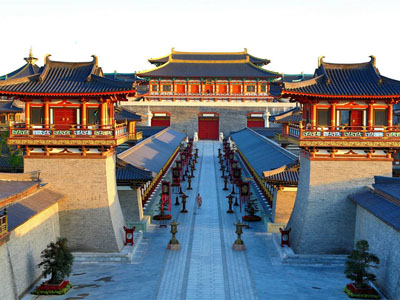
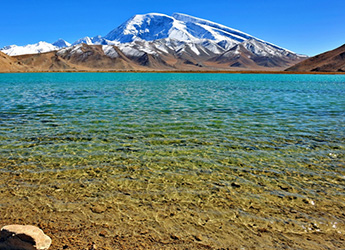 Lake Kalakuli, near the ancient Silk Road city of Kashgar, a medium-sized city of some 60000 inhabitants and located about 1500 kilometers southwest of the capital, Urumqi, is situated at the foot of Muztagh Ata (Muztagh Mountain) - or Muztagata ("father of all ice mountains"), as it is sometime written - in the Kunlun Mountains of northwestern China, in the Xinjiang Uyghur Autonomous Region ("Xinjiang" for short).
Lake Kalakuli, near the ancient Silk Road city of Kashgar, a medium-sized city of some 60000 inhabitants and located about 1500 kilometers southwest of the capital, Urumqi, is situated at the foot of Muztagh Ata (Muztagh Mountain) - or Muztagata ("father of all ice mountains"), as it is sometime written - in the Kunlun Mountains of northwestern China, in the Xinjiang Uyghur Autonomous Region ("Xinjiang" for short).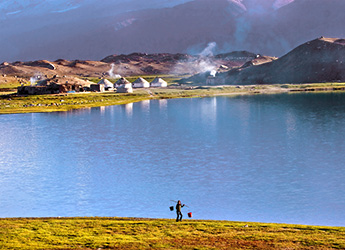

It is overland tour to Mt. Wudangshan in Hubei province from Xian. Hubei province is located in mid China connecting many provinces in China by convenient transportation of railway, cruise, and flights......
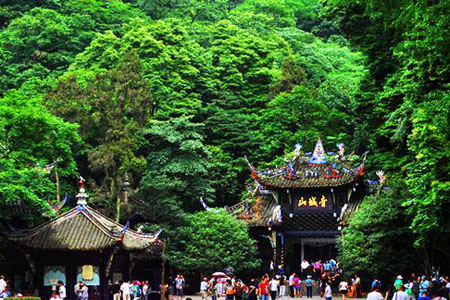
One day classic tours of Chengdu to Mt. Qingchengshan and Dujiangyan Dam will show tourist the profound of ancient Chinese wisdom and culture in harmony relation with the world. ......
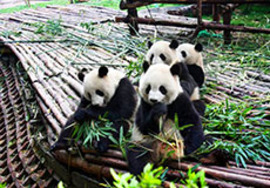
The most classic one day Chengdu tours will bring tourist to Chengdu Giant panda garden and Leshan giant buddha with private travel guide and car in Chengdu, extremely convenient and easy!......
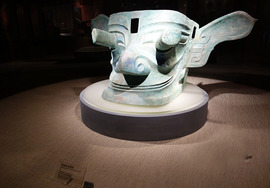
One days best Chengdu tours bring tourist to Sanxingdui museum and giant panda garden with private guide and car, making your tour in Chengdu easy. ......
This panda volunteer work provide tourist with one days unique experience of Panda volunteer project works and bring them an intimate touch with Giant pandas, also the best way to learn deep about pand......
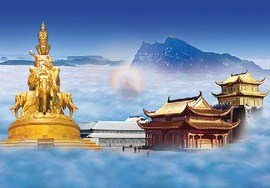
It is tour from the only one operator in Chengdu tours market offering Emeishan and Leshan tours by bullet train. Our highlights including Leshan Giant Buddha and Mt Emeishan. ......

